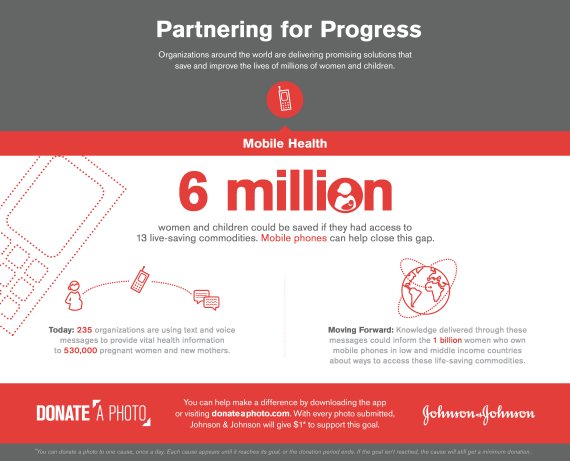It was the height of the Indian monsoon season and I sat cross-legged on a concrete floor in the slums of outer Delhi. An excited chatter filled the air from the 25 new and expectant mothers packed into the small room. There, I met a young Bengali woman, Manali. Manali is a recently married 18-year-old who, less than a year ago, traveled a very far distance from her family's village to join her now-husband in India's second largest city. She sat shyly in the corner of the room.
I soon learned that she was expecting her first child. While she had the same joy in her expression and excitement in her voice as other expectant mothers I've met around the world, I realized there was something different: her knowledge level.
My colleague Daphne asked Manali how she will know when she is in labor, where she plans to deliver, and what to give her baby if he is sick. Second- and third-time moms will usually jump in to supply the information. Manali, on the other hand, smiled shyly and shrugged her shoulders. Surprisingly, the majority of women in the room had a mobile phone in their hand--basic "candy bar" phones, many with broken screens--but all had used their device to receive calls. When this is the case, these phones can be used to deliver vital health information and knowledge to mothers, especially first-time moms like Manali who need this information the most.
In two weeks, Johnson & Johnson will head to New York City, where the world's global leaders will come together for the United Nations General Assembly to tackle some of the biggest issues facing the world, including meeting the Millennium Development Goals. With fewer than 850 days to 2015, we are far short of our goal to reduce child mortality and improve maternal health.
Progress has been made: 13 commodities have been identified by the UN Commission on Life-Saving Commodities to address preventable deaths in women and children. Countries such as Nigeria and Tanzania have put together plans and begun to implement these recommendations, saving millions of lives. However, less action has been taken to inform the women themselves of these life-saving commodities.
For example, if a mother knew about oral rehydration salts solution (ORS), which would help manage her baby's dehydration from diarrhea (and that ORS solution costs just a few cents), she could seek out this simple treatment. If she knew about the warning signs for pre-eclampsia, she could recognize them and get to the clinic early for treatment with magnesium sulfate.
The World Health Organization recognizes that a lack of information is a contributing factor to women not getting the care they need. A first-time mother is especially vulnerable. She is younger, less experienced, and often feels isolated and less empowered amid her husband's family. Mobile messages delivered via voice or text are a simple way to inform, support, and educate her with accurate health information.
The model to address this opportunity is an intriguing example of the power of public-private partnerships. MAMA is getting this vital health information out to mothers through partnerships around the world. These stage-based messages--developed by BabyCenter, a Johnson & Johnson company, in partnership with global health experts--are timed to coincide with the stage at which the mother needs them. The messaging is adaptable, i.e., easily translated into other languages and dialects.
In its first two years, the model is showing promise. A growing alliance of partners--235 organizations across 59 countries--is reaching 530,000 new and expectant mothers. New MAMA child messages are now also available, developed in partnership with MDG Health Alliance, GBC Health, and UNICEF.
For first-time moms like Manali, the information delivered increases their knowledge, helps to develop their confidence, and connects them to life-saving commodities. While phones cannot and should not replace doctors, nurses, or community health workers, the ubiquity of these devices offers new mothers the opportunity to have a healthy pregnancy and give her baby the best start to life.

This blog is part of a month-long series in partnership with Johnson & Johnson to highlight the successes and remaining opportunities in the Every Woman Every Child movement. With the aim of improving the lives of women and child around the world, EWEC was launched by UN Secretary General Ban Ki-moon in 2010 to accelerate progress against the Millennium Development Goals (MDGs). To learn more, click here.